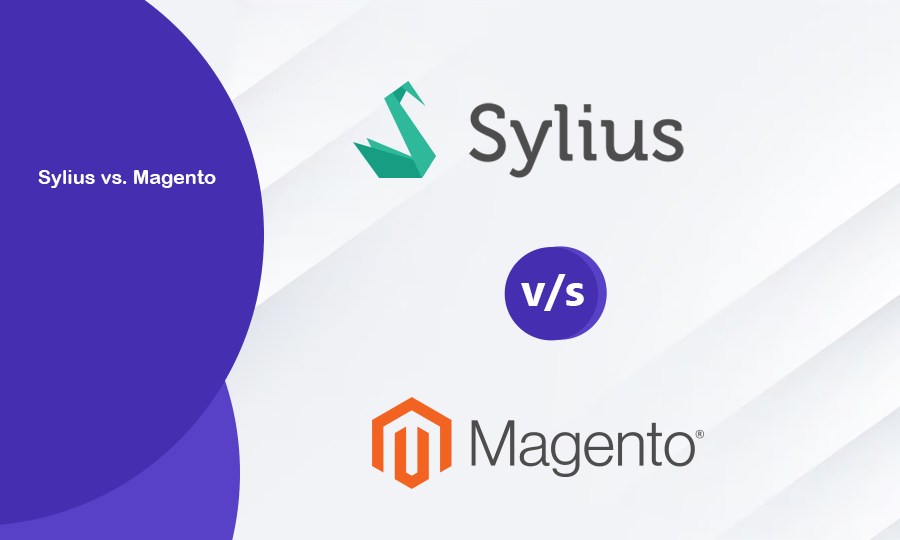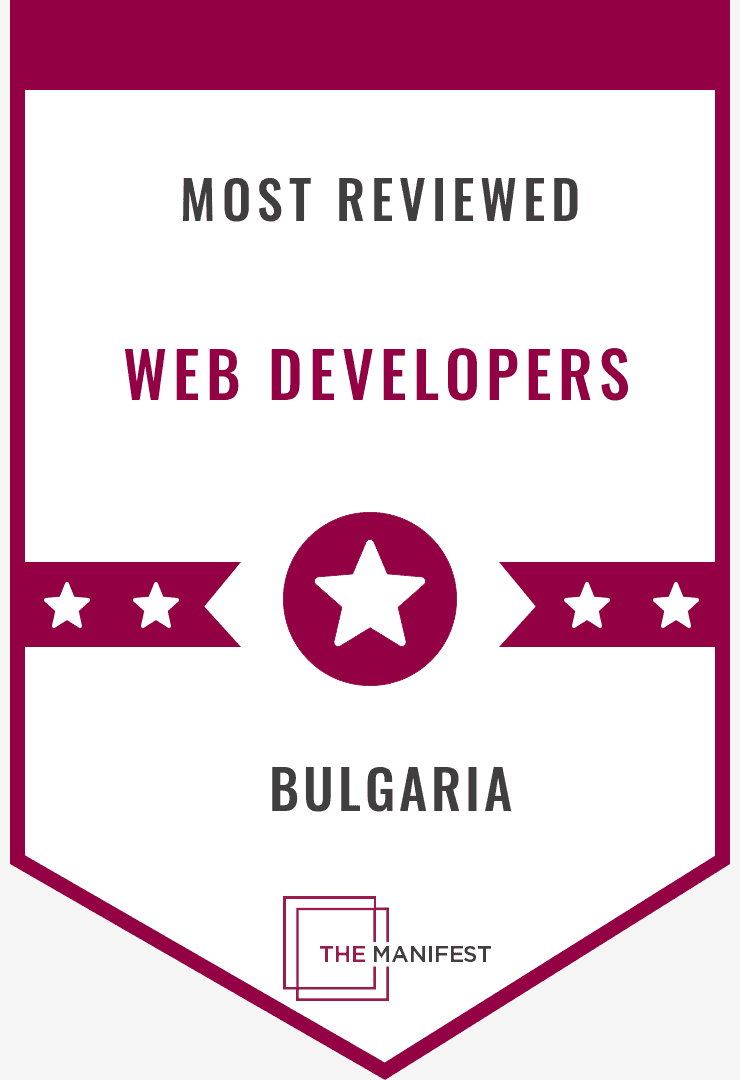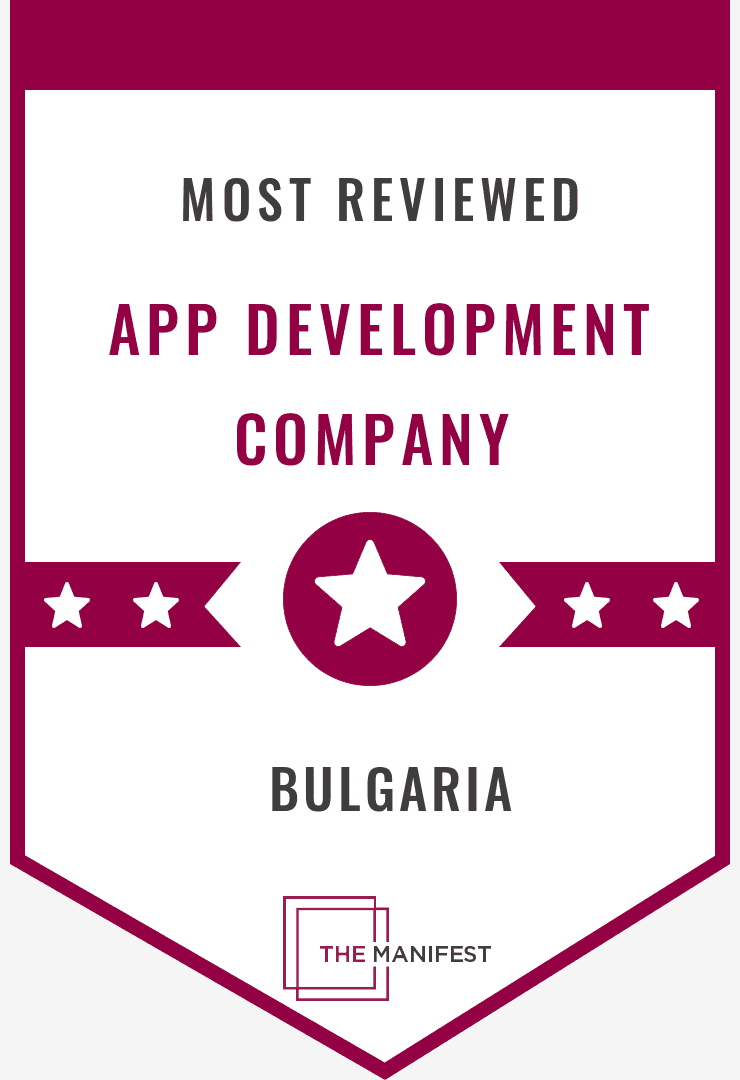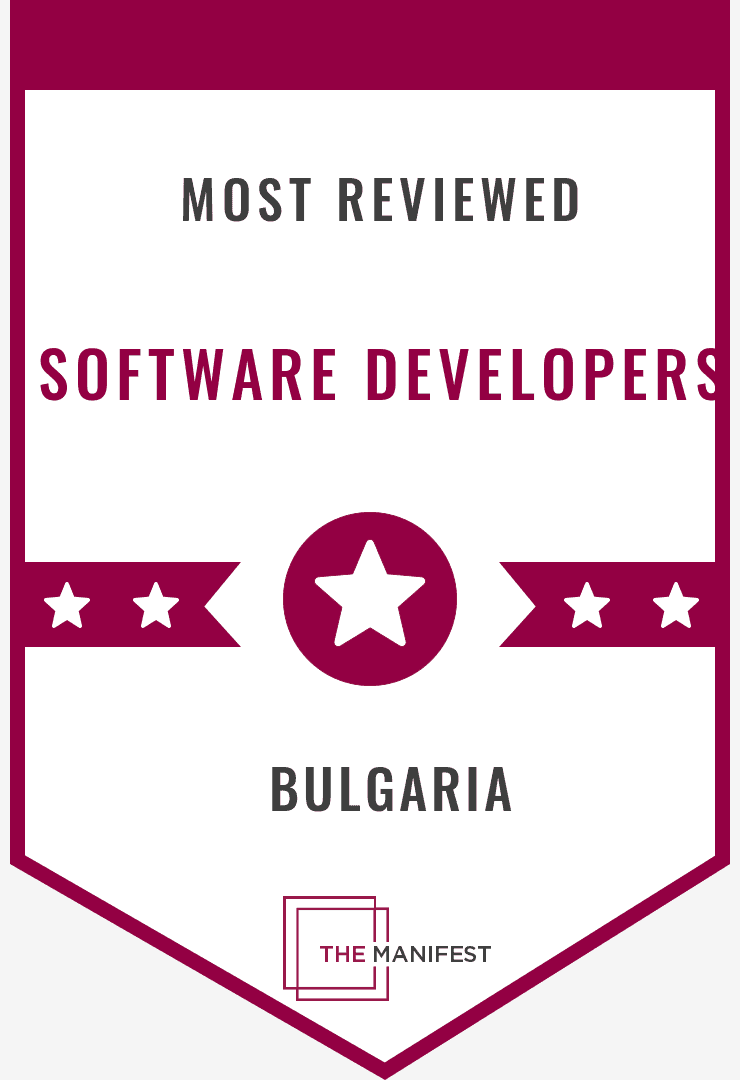When selecting an e-commerce platform, two names that frequently come up are Sylius and Magento. Each platform has distinct features, strengths, and weaknesses that make it more suitable for certain types of businesses. In this article, we will compare Sylius and Magento across several critical dimensions, providing a fact-based analysis to help you make an informed decision.
What is Sylius?
Sylius is an open-source e-commerce framework built on the Symfony PHP framework. It is designed to be highly flexible, allowing developers to create customized e-commerce solutions tailored to specific business needs. Sylius is gaining popularity among businesses looking for a lean, modular platform that can be easily extended and customized.
Key Features of Sylius
1. Modular Architecture: Sylius is built on a modular architecture, meaning that businesses can implement only the features they need. This reduces unnecessary complexity and bloat.
2. Customization: Sylius offers high levels of customization. Developers can create custom themes and functionalities without being restricted by a rigid framework.
3. Sylius CMS Integration: While Sylius does not include a built-in CMS, it can be integrated with various third-party content management systems, allowing for greater content control.
4. Marketplace and Multi-Vendor Support: Sylius is equipped to handle multi-vendor marketplaces. Its modular design makes it easier to implement complex multi-vendor setups.
5. Payment Gateway Integration: Sylius supports a variety of payment gateways, providing businesses with flexibility in handling payments.
6. Open-Source Platform: As an open-source platform, Sylius is free to use, which can significantly reduce initial setup costs. However, businesses need to budget for development, hosting, and maintenance.
7. Sylius Developer Community: The Sylius developer community is growing, providing support and a pool of available developers for custom projects.

Sylius Development and Expertise
Sylius is favored by businesses that require a high level of customization. There are numerous Sylius development agencies (referred to as "Sylius agentur" in German and "agence Sylius" in French) that specialize in creating custom e-commerce solutions using Sylius. These agencies offer services ranging from initial setup to custom theme development and ongoing support.
What is Magento?
Magento, now owned by Adobe, is a leading e-commerce platform known for its robust features and scalability. It is available in two primary editions: Magento Open Source (formerly Magento Community) and Magento Commerce (formerly Magento Enterprise).
Key Features of Magento
1. Comprehensive Feature Set: Magento offers an extensive range of features out of the box, including product management, order management, and marketing tools.
2. Scalability: Magento is designed to handle large-scale e-commerce operations, supporting thousands of products and high traffic volumes.
3. Customization: Magento is highly customizable but often requires more technical expertise and development resources than Sylius.
4. Magento Marketplace: Magento has a large marketplace with thousands of extensions and themes, enabling businesses to extend their store’s functionality.
5. Multi-Vendor Support: Magento supports multi-vendor setups, though implementing a marketplace can be complex and resource-intensive.
6. High Resource Requirements: Magento is resource-intensive and often requires dedicated or cloud hosting to perform optimally.
7. Magento Community: Magento has a large and active developer community, offering extensive support, resources, and pre-built extensions.
Magento Development and Expertise
Given its complexity, Magento often requires collaboration with a specialized Magento development agency. These agencies provide custom ecommerce development, ongoing support, and optimization services to help businesses fully leverage Magento’s capabilities.
Sylius vs. Magento
1. Ease of Use
- Sylius: Sylius is easier to use for developers familiar with Symfony. Its modular structure simplifies the development process, making it accessible even for businesses with limited technical expertise.
- Magento: Magento has a steeper learning curve due to its comprehensive feature set and complexity. It is better suited for businesses with access to dedicated development resources.
2. Customization and Flexibility
- Sylius: Sylius is highly customizable, offering a modular approach that allows developers to implement only the features they need. This results in a leaner, more efficient platform.
- Magento: While Magento is also customizable, its complexity often requires more significant development effort. Customizing Magento can be time-consuming and costly, particularly for smaller businesses.
3. Performance and Scalability
- Sylius: Sylius is designed to be lightweight, which generally translates to better performance for small to medium-sized businesses. It can be scaled, but handling very large-scale operations may require additional development.
- Magento: Magento is built to scale, making it suitable for large enterprises. It can handle high traffic volumes and large product catalogs, but this scalability comes with increased resource requirements.

4. Community and Support
- Sylius: The Sylius community is smaller but growing. This can be advantageous for businesses looking for a more personal level of support but may pose challenges when seeking widespread third-party integrations or extensions.
- Magento: Magento’s extensive and active community provides a wealth of resources, including forums, extensions, and a large pool of experienced developers.
5. Cost
- Sylius: As an open-source platform, Sylius has no licensing fees, which can make it a cost-effective option. However, businesses should factor in development, hosting, and maintenance costs.
- Magento: Magento Open Source is free, but the overall cost of ownership can be high due to the need for robust hosting, ongoing development, and potentially costly extensions. Magento Commerce has a licensing fee, adding to the total cost.
6. Market Presence
- Sylius: Sylius is gaining traction, especially among businesses looking for a customizable and developer-friendly platform. However, its market presence is still growing compared to Magento.
- Magento: Magento is one of the most established e-commerce platforms, particularly among large enterprises. Its market presence is significant, with a large share of the e-commerce space.
7. Multi-Vendor Marketplaces
- Sylius: Sylius provides strong support for multi-vendor marketplaces, thanks to its modular design. It allows businesses to build and customize marketplaces with relative ease.
- Magento: Magento also supports multi-vendor setups but typically requires more complex configurations and a higher level of development expertise.
8. Budget Considerations
- Sylius: Sylius is often more budget-friendly, especially for businesses that need a customized platform without the overhead of unnecessary features. The open-source nature helps keep initial costs low.
- Magento: Magento can be more expensive to implement and maintain. Businesses need to consider the costs of hosting, development, and licensing (in the case of Magento Commerce).
Final Thoughts on Magento VS Sylius
The choice between Sylius and Magento should be based on your specific business requirements, budget, and technical resources. Here’s a recap of the key facts:
- Sylius: Ideal for businesses that need a highly customizable, modular platform. It’s a good fit for small to medium-sized businesses or those looking for a leaner, more developer-friendly solution.
- Magento: Best suited for larger enterprises with complex e-commerce needs. It offers extensive features and scalability but requires more resources to implement and maintain.
Both platforms offer powerful e-commerce solutions, but their suitability varies depending on the size and needs of your business. If customization and cost-effectiveness are your primary concerns, Sylius might be the better option. However, if you require a comprehensive, scalable solution and have the resources to support it, Magento could be the ideal choice.
Collaborating with an experienced e-commerce development agency, whether it’s a Sylius agency or a Magento development agency, is crucial to successfully deploying either platform. Such agencies can offer the expertise needed to tailor the platform to your business needs, ensuring optimal performance and a seamless customer experience.
Relevant Articles:













































